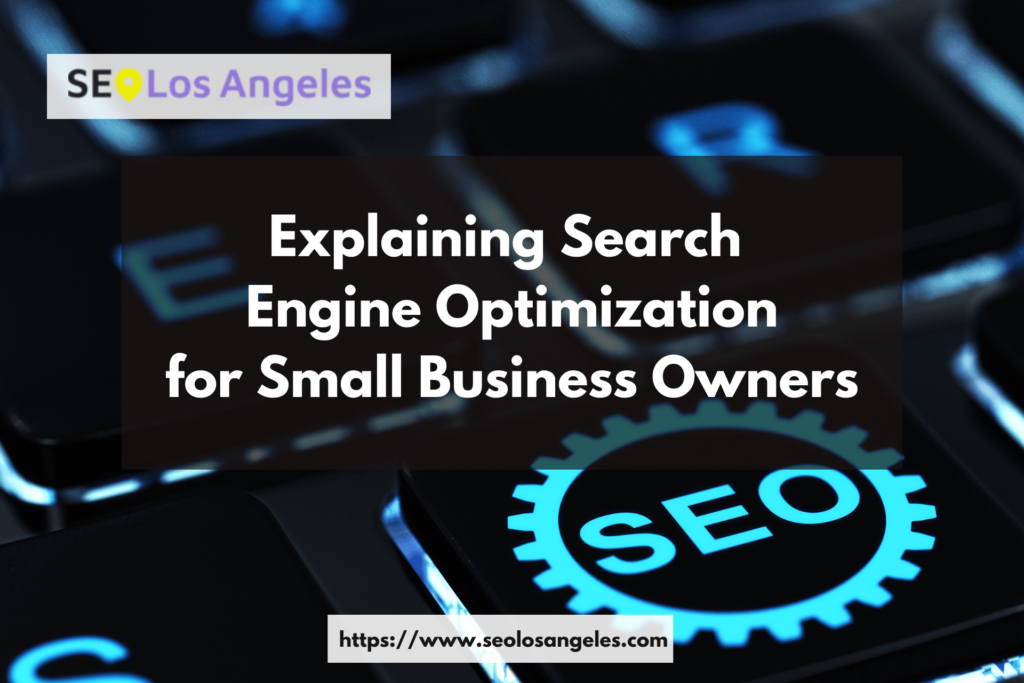Search engine optimization (SEO) is an important tool that small business owners need to understand in order to get the most out of their online presence. SEO helps them optimize their website and drive more traffic, which leads to more customers. In this blog post, we’ll answer 10 frequently asked questions about SEO and explain why it’s essential for small businesses.
What is SEO?
SEO is a set of strategies and techniques used to improve a website’s visibility on search engines like Google. The goal of SEO is to increase organic (non-paid) traffic to the website by making sure the website appears as high in the search engine rankings as possible.
Why is SEO important?
SEO is important because it can help drive more qualified visitors to your website, leading to more sales or leads. It also helps build trust with potential customers since they know your website has been optimized for their convenience. Additionally, good SEO practices can help boost brand awareness since people are likely to see your brand when searching for relevant terms related to your products or services.
How do I optimize my website for SEO?
Optimizing your website for SEO involves several different tactics. You need to make sure you have keyword-rich content on your site, include internal links between pages, use meta tags and descriptions, create a sitemap, and build backlinks from other websites with relevant content. Additionally, you should use tools like Google Analytics and Search Console to track traffic levels and identify areas where you can further optimize your site.
What are backlinks?
Backlinks are links from other websites that point back to yours. They are considered one of the most powerful ranking signals by search engines because it shows that other websites trust your content enough to link back to it from their own sites. When building backlinks be sure that they come from reputable sources with content related to yours so that you don’t risk getting penalized by Google for over-optimization or spammy links.
What does “long tail keywords” mean?
Long tail keywords are phrases typically 3+ words long that people typically use when searching online for specific topics or products/services. These keywords tend to be less competitive than shorter keywords but can still drive significant amounts of organic traffic if used correctly on a page or blog post. For example, instead of targeting just “dresses,” target “floral summer dresses” instead as this will be much easier (and cheaper) for you to rank higher in search results pages than a single word keyword would be due to its lower competition level in search results pages (SERPs).
What is duplicate content?
Duplicate content occurs when two web pages have identical or very similar text across them without any major differences between them – such as different titles or headings – which makes it difficult for search engines like Google to understand which version of the page should be displayed in SERPs when someone searches specifically for those words/phrases in question. This could lead them to display both versions together which would lead users to have difficulty finding what they’re looking for due cause confusion caused by the multiple options available being too similar to each other thus leading them to leave without taking action desired action (i e purchase product/service offer etc). To avoid this issue make sure all pages on your site have unique titles descriptions headings etc that differentiate them from one another so there’s no confusion among searchers no matter what query they type into the search bar!
Conclusion
Understanding how search engine optimization works are essential if you want your business’s website to rank at the top of SERPs and drive more organic traffic toward it—and ultimately convert those visitors into customers or leads! By taking advantage of all aspects of SEO including keyword research backlinking content optimization tracking analytics tools etc you’ll soon find yourself seeing greater success online than ever before! With these tips now under my belt hopefully, small business owners feel better equipped to tackle challenges associated with optimizing websites effectively.
